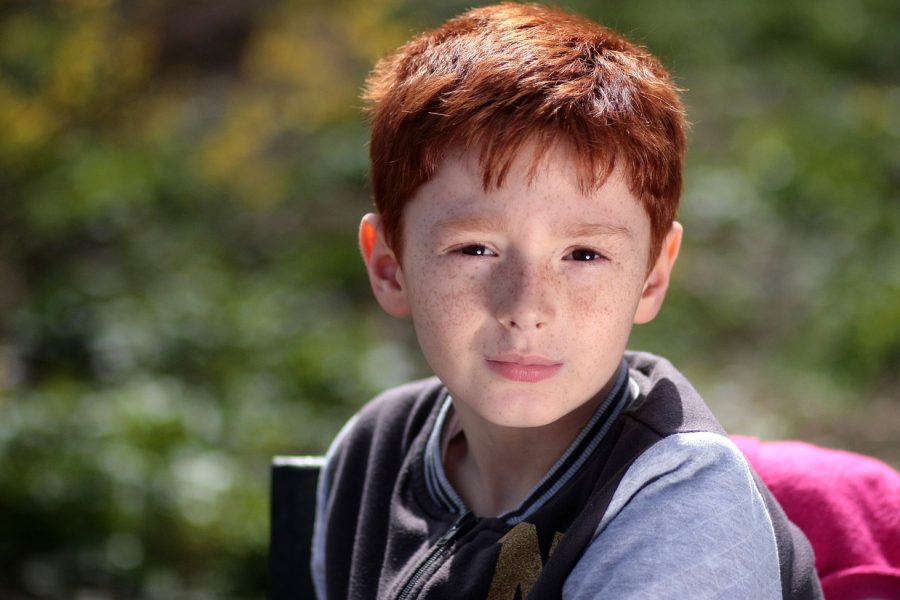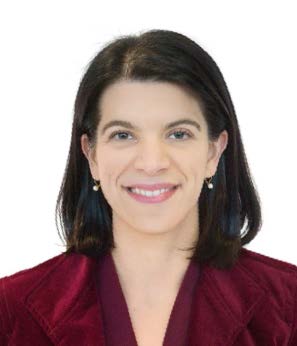

A Florida State University researcher is investigating how individuals who have a history of anxious withdrawal as children and adolescents fare with the pressures of early adulthood.
Heidi Gazelle, an associate professor in the Department of Human Development and Family Science in the College of Health and Human Sciences, received a $153,990 grant from the National Institutes of Health (NIH) to support her research on the pattern of emotion and behavior characterized by shyness, social anxiety, social hesitancy and infrequent interaction with familiar peers such as classmates.
The grant builds on her existing research, which investigated social and emotional development in children from third through seventh grade, and now follows up with these individuals in young adulthood.
“This will help us connect information we previously gathered about childhood and adolescent developmental pathways to new information about young adult adjustment,” Gazelle said. “We will investigate whether anxious solitary children who succeeded in becoming better integrated in positive peer relationships during middle school also fare better as young adults. For instance, compared to their counterparts who continued to struggle socially in middle school, they may succeed in forming healthy romantic relationships, graduating from college and experiencing mental health at higher rates.”
When study participants were in middle childhood and early adolescence, Gazelle examined their relationships with their peers as well as their parents and teachers. Now, Gazelle is studying their romantic relationships and a wide range of adult developmental milestones, such as graduating from high school and college and embarking on a professional career.
Anxious withdrawal can affect these adult developmental milestones. Anxious withdrawn children and adolescents have difficulty initiating and maintaining healthy friendships and are at risk for exclusion by peers such as classmates. As young adults, these individuals can have difficulties developing interpersonal and professional skills, participating in families and society — college, workplaces, other community settings — and performing in their careers.
“In the United States, in particular, there tends to be a strong focus on understanding the development of children and adolescents who demonstrate aggression and externalizing behaviors that hurt other people,” Gazelle said. “Whereas we tend to neglect the needs of children who are not hurting anyone else, but who are suffering themselves.”
Rates of anxiety in the U.S. have risen since the 1990s; however, much of the previous related research focused on children and adolescents outside of the United States.
Additionally, because previous related studies were conducted many years ago, changing gender roles may mean that challenges previously experienced primarily by young men with childhood histories of anxious withdrawal, such as initiating and advancing in a career, have now also become challenges for young women with childhood histories of anxious withdrawal.
Gazelle and her team expect that they will be able to document divergent life pathways, such as a pattern of forming positive relationships versus experiencing relationship breakdowns, that will help to explain different young adult outcomes, such as mental health versus anxiety disorders.




